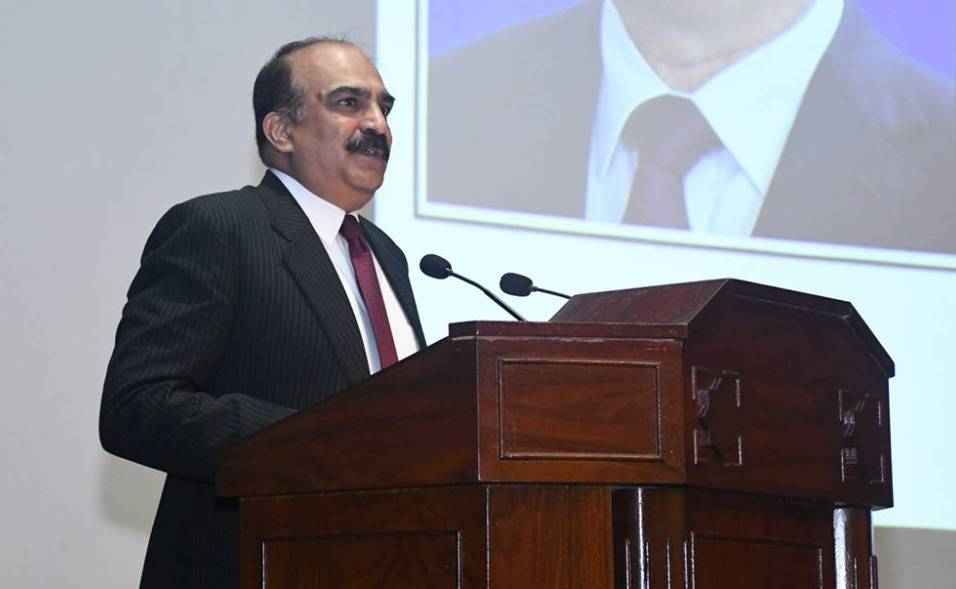Mohsin Siddiqui (Chief Reporter)
Days before an upcoming technical mission by the International Monetary Fund (IMF) to assess Pakistan’s tax system, the government has established a strategic committee under the guidance of a three-star military general. The committee, led by Lt General Muhammad Munir Afsar, Chairman of the National Database and Registration Authority (NADRA), aims to integrate data for an extensive tax base.
The Federal Board of Revenue (FBR) has officially appointed the technical committee, comprising three senior FBR members and NADRA’s chairman, to devise a comprehensive plan for data integration. This initiative seeks to boost the number of income tax return filers from the previous year’s 4.9 million to a target of 6.5 million within the next eight months.
Chairman FBR Malik Amjad Zubair Tiwana announced the committee’s formation following a briefing to the Special Investment Facilitation Council (SIFC) a few days ago. The high-level Technical Committee for Data Integration for Broadening of Tax Base and Information Technology Infrastructure Transformation Plan of FBR will provide recommendations within one month.
This development precedes the arrival of a technical IMF mission set to holistically review Pakistan’s tax laws and FBR’s administrative structure. The mission, beginning next week, will finalize recommendations and present a report within two months, potentially influencing future IMF programs.
The newly formed committee, headed by a military general, will propose data integration for tax base expansion, an IT infrastructure transformation plan, and the restructuring of PRAL into a modern IT company. Leveraging artificial intelligence, the committee aims to develop data analytics and mathematical modeling to enhance the tax base.
In another move, the FBR issued a notification implementing a 40% windfall income tax on commercial banks for their previous years’ earnings due to foreign currency fluctuation. However, a tax advisory firm, Tola Associates, has raised concerns about the notification, calling the tax “confiscatory.”
Tola Associates highlighted the fixed due date of November 30, 2023, for tax payment, arguing it may become invalid if not approved by the National Assembly by February 19, 2024. The firm also questioned the retrospective application of the tax and its exclusion of factors like economic growth and inflation in calculating windfall income.
While FBR officials argue that National Assembly endorsement is unnecessary, Tola Associates anticip potential litigation challenges, emphasizing the need for critical thinking in tax policy implementation. The firm contends that the 40% tax, when considering administrative expenses, could be deemed confiscatory and may lead to legal disputes.
In light of potential legal challenges, Tola Associates urges a more comprehensive consideration of factors impacting banks’ overall income, emphasizing the importance of a fair and transparent tax framework.



